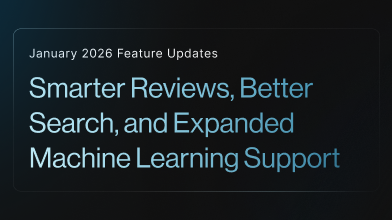Chinese Open-Weights Models: Security Myths vs. Reality
Clarifying Technical Security Myths
A recent analysis highlighted in Chinese Open-Weights AI: Separating Security Myths from Reality underscores that the weights and architectures of Chinese-origin models don't inherently pose unique technical vulnerabilities compared to Western counterparts like Meta’s Llama or Google's Gemma. HiddenLayer’s forensic review of DeepSeek-R1 reinforced this perspective, finding no evidence of country-specific backdoors or hidden vulnerabilities.
The actual security challenge lies not in national origin, but in how the open-weight model is deployed. With dozens of derivative checkpoints rapidly emerging on platforms like Hugging Face, validating and ensuring the authenticity and integrity of these checkpoints is important.
Why This Matters for You
This clarity around security implications has tangible benefits:
- Safe for inference: HiddenLayer’s findings confirm you can evaluate and use models like DeepSeek and Qwen confidently, without additional risk associated solely with their origin.
- Maintain your current security protocols: Your existing security and privacy frameworks remain effective and sufficient, foregoing the need for costly procedural changes.
- Focus on optimal model selection: By dispelling origin-based myths, your team can objectively assess models based on quality, cost, inference speed, and deployment flexibility, ultimately choosing what's best suited for your specific use-case. Datasaur’s LLM Labs is free to use and allows comparison, customization and deployment of 250+ LLM models.
Understanding Geopolitical Biases
Even though there is no security difference between open-weight models due to geopolitical origins, there will still be a difference in output. Beyond technical security, LLMs can carry cultural or geopolitical biases. China's DeepSeek and Alibaba’s Qwen models often echo state-endorsed narratives, particularly regarding topics like Taiwan, Tiananmen Square, or Xinjiang. Western models carry their own biases—xAI’s Grok briefly promoted a debunked "white genocide" conspiracy due to prompt mismanagement. These cases highlight the importance of audits to ensure biased outputs don’t affect your particular use-case.
Conclusion
While geopolitical and regulatory considerations are important, from a purely technical perspective, the security challenges posed by Chinese models are essentially identical to those posed by Western-developed alternatives. The key to secure an effective deployment lies in your team’s own security infrastructure and how the LLM is utilized within your ecosystem. With these measures firmly in place, your team can confidently harness the full potential of any open-weight model, regardless of the origin.




